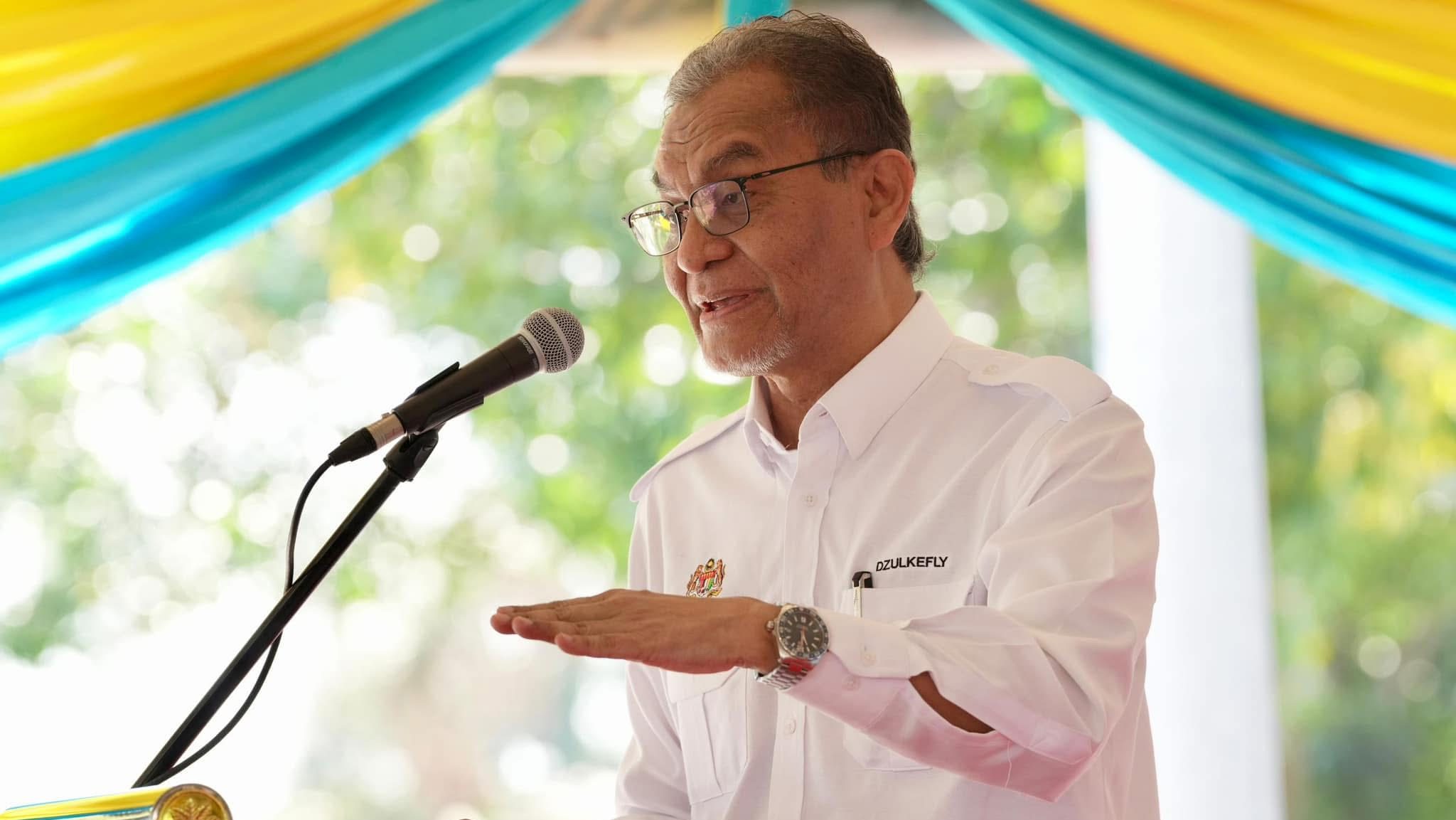MALAYSIA: The Malaysian government has allocated RM18.9 million (S$5.7 million) in 2025 to accelerate the digital transformation of 100 public health clinics nationwide through a cloud-based clinical management system (CCMS). This initiative marks a significant step in modernising Malaysia’s public healthcare system, improving efficiency, and enhancing patient care.
Digital transformation in public health clinics
Health Minister Datuk Seri Dr Dzulkefly Ahmad announced that several Klinik Kesihatan facilities in Penang, including those in Air Putih, Bayan Baru, Bukit Minyak, and Seberang Jaya, are among the beneficiaries of the CCMS implementation, as reported by Malay Mail.
The CCMS is expected to significantly improve operational efficiency by streamlining patient records, automating administrative processes, and reducing paperwork. Most notably, it aims to cut patient waiting times from an average of three hours to 30 minutes, ensuring that Malaysians receive faster and more efficient healthcare services.
This initiative is part of a broader national healthcare reform agenda that includes the implementation of an electronic medical records system at Penang General Hospital and Seberang Jaya Hospital in 2026, with potential expansion to other hospitals under the 13th Malaysia Plan.
Shifting towards preventive healthcare
In addition to digitalisation efforts, Malaysia is strengthening its preventive healthcare strategies through Wellness Hubs. There are currently 33 Wellness Hubs across the country, providing proactive healthcare services that encourage lifestyle changes and promote early disease detection.
These hubs serve as community health centres, offering free health screenings, health literacy programmes, counselling, and support for behavioural modifications. By shifting the focus from reactive “sick care” to a holistic “health care” approach, Wellness Hubs empower Malaysians to take charge of their well-being.
Reducing the burden of non-communicable diseases
The growing prevalence of non-communicable diseases (NCDs) such as diabetes, cardiovascular diseases, chronic respiratory conditions, and cancer has placed a significant financial strain on Malaysia’s healthcare system, with costs estimated at RM64 billion.
Wellness Hubs aims to alleviate this burden by providing accessible and community-driven healthcare solutions. Since their inception, nearly one million people have utilised their services, including 20,000 from Seberang Perai Utara alone. The IFitEr (I Fit and Eat Right) programme, designed to support weight loss and healthy living, has recorded a 60% success rate among participants, demonstrating the effectiveness of lifestyle interventions.
Beyond screenings and consultations, these hubs offer motivational support, guidance, and structured health programmes, equipping individuals with evidence-based tools needed to prevent and manage chronic diseases effectively.
A step towards a healthcare modernisation
With both digital transformation and preventive health initiatives in full swing, Malaysia’s public healthcare system is evolving towards greater efficiency and sustainability. The integration of cloud-based technology in Klinik Kesihatan facilities will improve service delivery, while the expansion of Wellness Hubs will encourage a more health-conscious population.
As the government continues investing in digitalisation and preventive healthcare, these efforts are expected to enhance public health outcomes, reduce hospital overcrowding, and ultimately create a healthier Malaysia.
Read also: M’sia’s Health Minister: Penang’s obesity and chronic disease rates higher than national average

